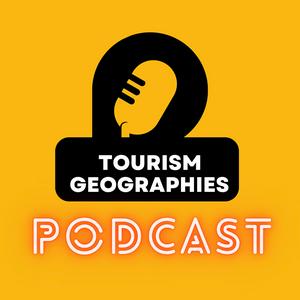https://doi.org/10.1080/14616688.2025.2593978
Abstract
Dominant narratives in tourism shape perceptions of place, often marginalising certain localities, people, and perspectives. This study examines digital counter-narrative place-making in rural communities and the equalising possibilities it can provide. We combine Doreen Massey’s relational theory of place with Hanna Meretoja’s dialogical narrative theory, following a dialogical narrative approach. Empirically, the study draws on a digital place-making project conducted in Ardgour, Scotland, and the Upper Kemijoki river area, Lapland. Utilising audio tours co-created with the local communities, we explore how the local narratives challenge and reframe prevailing tourist representations and culturally dominant narratives, fostering recognition of different perspectives, extending both residents’ and visitors’ sense of the possible, and enhancing equality and justice in tourism. Although community-created audio tours do not have the reach of dominant narratives and have other limitations in their equalising possibilities, they can establish deeper connections to place. Our relational theorisation of counter-narrative place-making contributes to theory in both tourism geography and the wider field of human geography, and our method of analysis can give new analytical ideas to both. A further contribution is our focus on the counter-narratives of rural communities, which has been lacking in previous tourism studies.
Hosted on Acast. See acast.com/privacy for more information.


